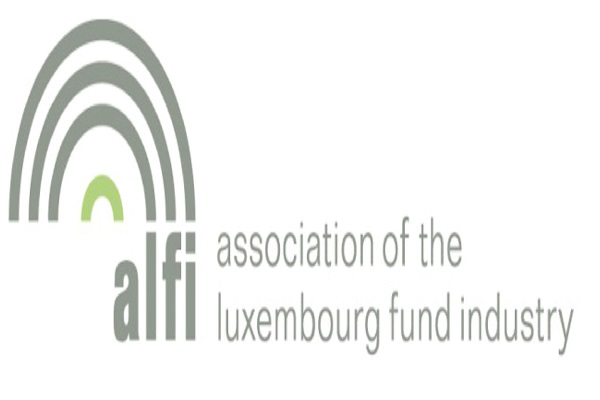
With one month until the national elections, the Association of the Luxembourg Fund Industry (ALFI) has shared its recommendations for the future Luxembourg government to sustain the successes achieved and ensure the future development of the national investment funds sector.
As ALFI president Denise Voss explains, within the past 30 years, "Luxembourg has become the second largest financial centre in the world for investment funds, behind the United States, and the first in the European Union (EU)". Indeed, the Luxembourg investment fund industry is "based on three pillars: UCITS funds, hedge funds and responsible investment funds".
However, the country is now in direct competition with other financial centres as a result of events such as Brexit. As such, ALFI has argued that in order to maintain its leading position, the Luxembourg investment fund sector must seize the opportunities as well as the challenges posed by the four fundamental trends that affect the fund industry globally: strong growth in the alternative funds sector; increased cost pressure in a persistent low interest rate environment; increasing digitisation and automation at all levels; increasing importance of passive management (indexed funds) and ETFs (a type of management that requires less research work for the manager, since it is often partially automated).
It is within this context then that ALFI has recommended to the future Luxembourg government a number of actions to ensure the sustainability and future development of this important sector for the economy. These recommendations are grouped around three axes: the ecosystem; taxation; and investors (financial education and long-term investment).
To summarise some of the main recommendations regarding the ecosystem, ALFI has recommended promoting the development of responsible investment funds, especially funds in the fight against climate change, as well as developing a framework for L-REIT Real Estate Funds to reposition itself relative to other financial centres, ensuring that key European directives for the funds sector are transposed in time and encouraging dialogue and optimal responsiveness of all private and public stakeholders.
Concerning taxation, the association has suggested carrying out an in-depth analysis of the subscription tax system for the funds, rethinking the principles and taking into account the different types of funds, categories of investors and fundamental trend towards lower operating costs funds. Other recommendations in this area included the renegotiation of some double taxation treaties for the main investment countries of Luxembourg funds and continuing to adjust the nominal tax rate to allow Luxembourg to remain competitive with other financial centres.
Finally, with regards to financial education and long-term investment, ALFI has recommended that the future government make every effort to enable the development of new products and make financial education an integral part of school curricula, especially high schools.








